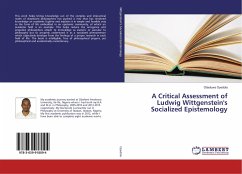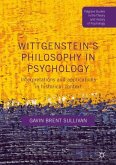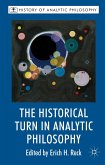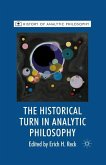STEPHEN TOULMIN George Santayana used to insist that those who are ignorant of the history of thought are doomed to re-enact it. To this we can add a corollary: that those who are ignorant of the context of ideas are doom ed to misunderstand them. In a few self-contained fields such as pure mathematics, concepts and conceptual systems can perhaps be de tached from their historico-cultural situations; so that (for instance) a self-taught Ramanujan, living alone in India, mastered number theory to a point at which he could make major contributions to European mathematics. But elsewhere the situation is different - and, in philosophy, inevitably so. For philosophical ideas and problems confront us like geological specimens in situ; and, in the act of prising them free from their historical and cultural locations, we can too easily forget about the matrix in which they took shape, and end by impossing on them a sculptural form of our own making. Something of this kind has happened inthe case of Ludwig Wittgen stein. For his philosophical work has commonly been seen as an episode in the development, either of mathematicallogic, or oftwentieth-century British philosophy. His associations with Frege and Russell, Moore and Waismann, have over-shadowed everything else in his cultural origins and intellectual concerns.
Bitte wählen Sie Ihr Anliegen aus.
Rechnungen
Retourenschein anfordern
Bestellstatus
Storno








